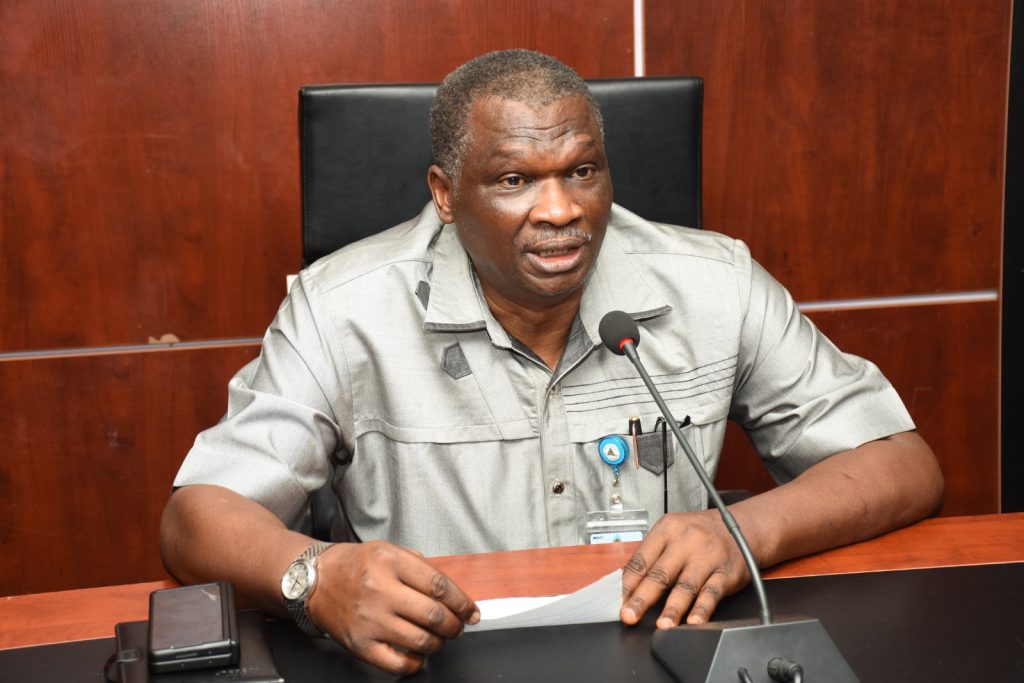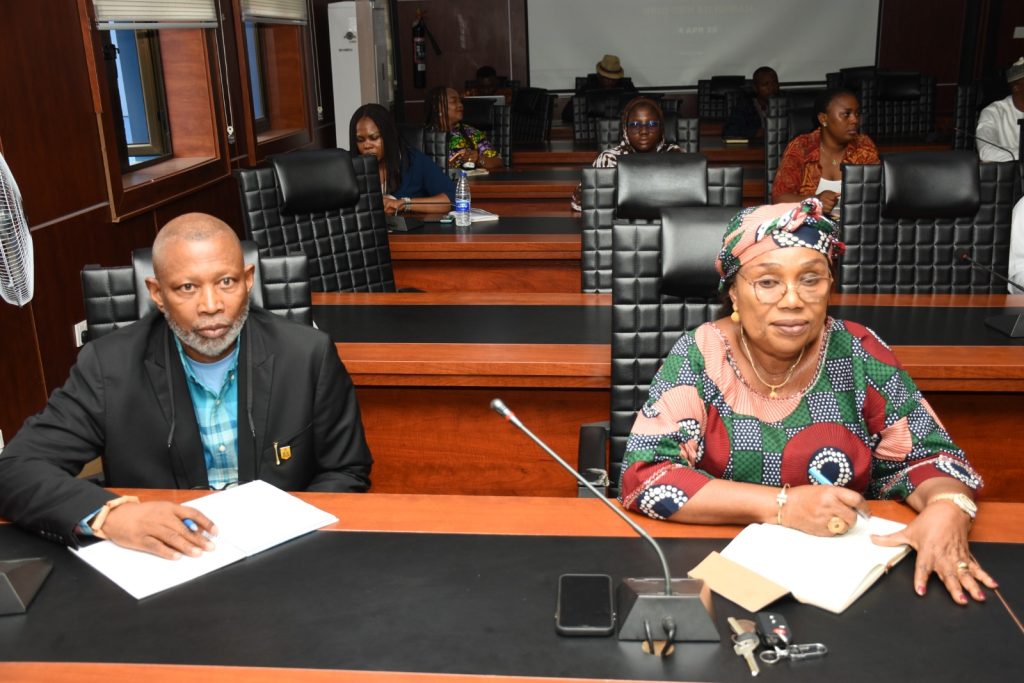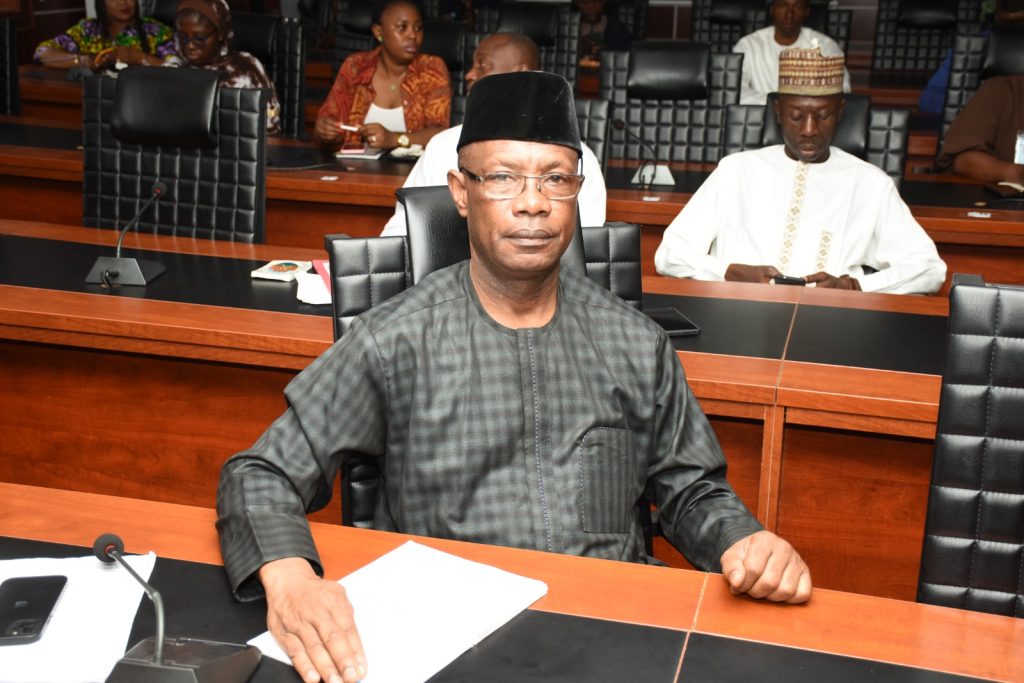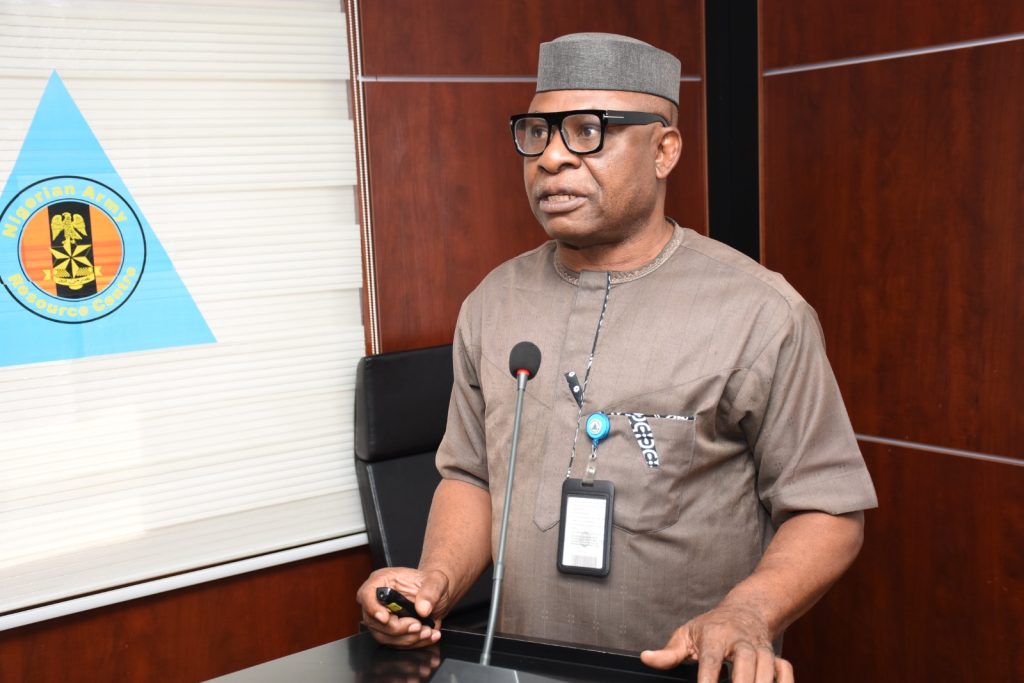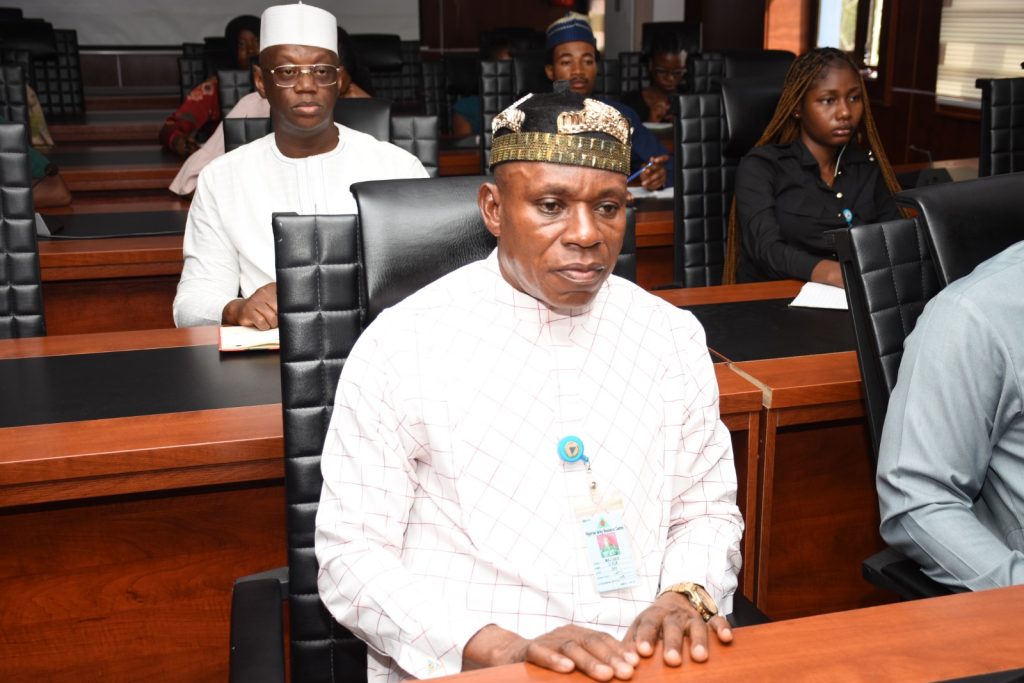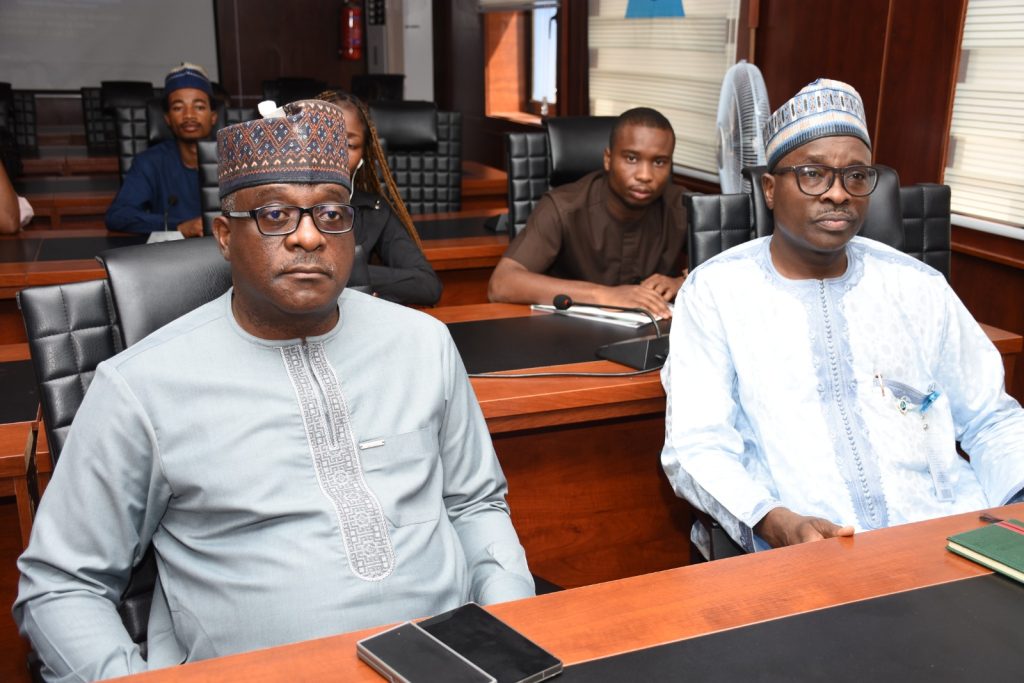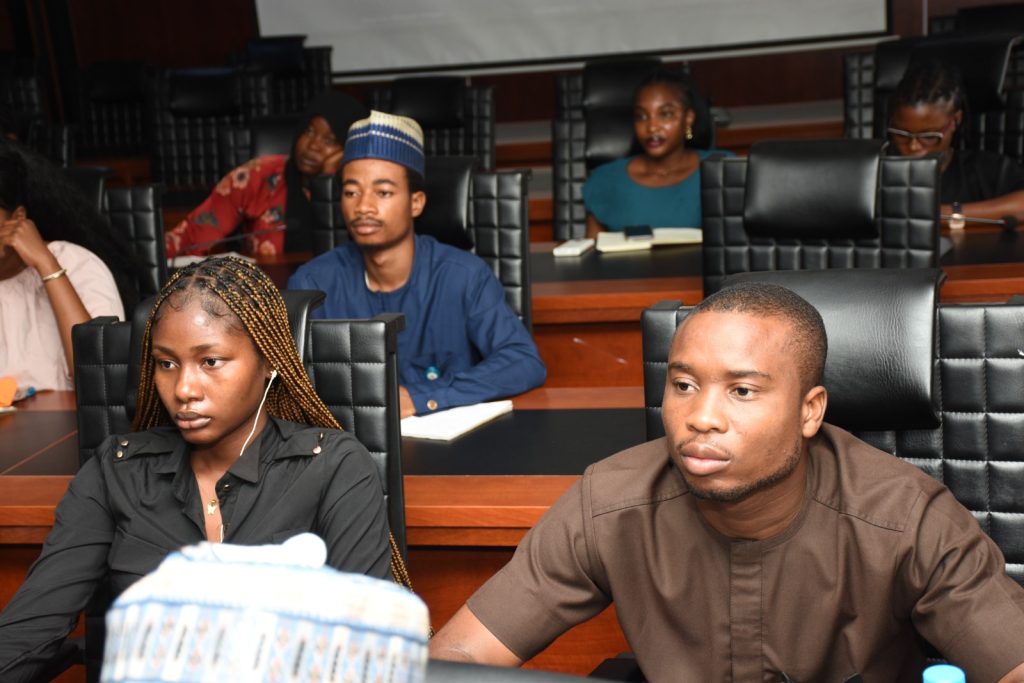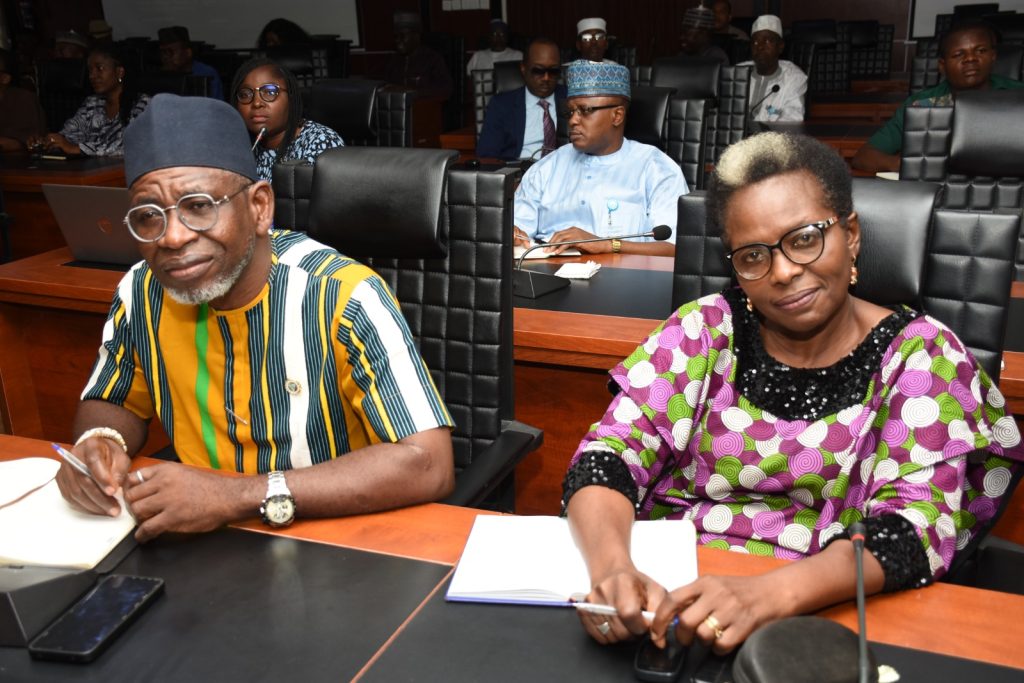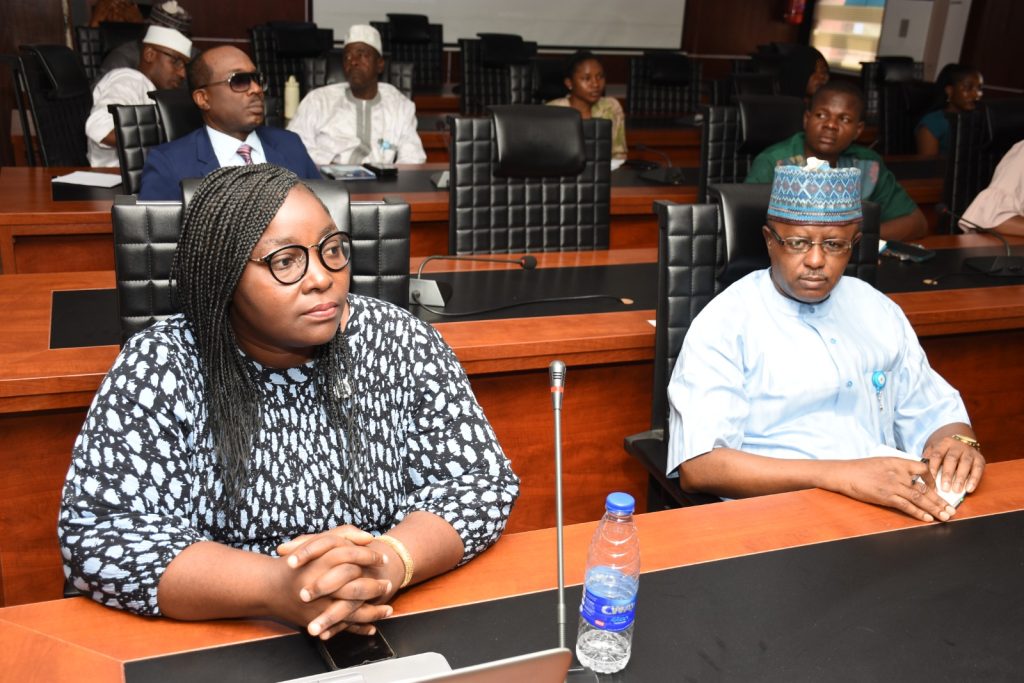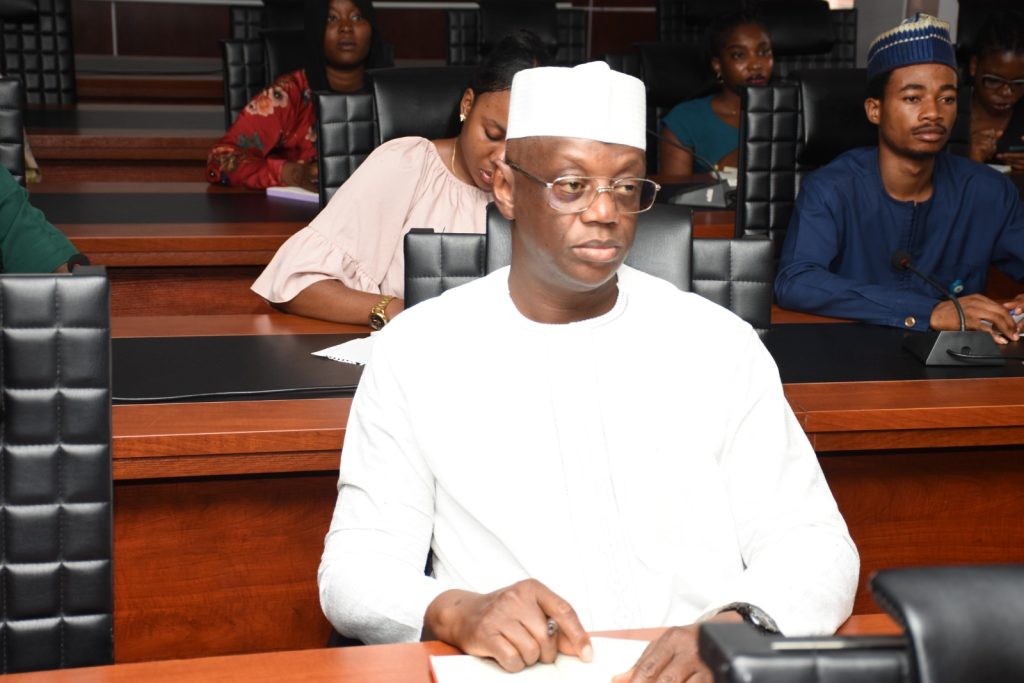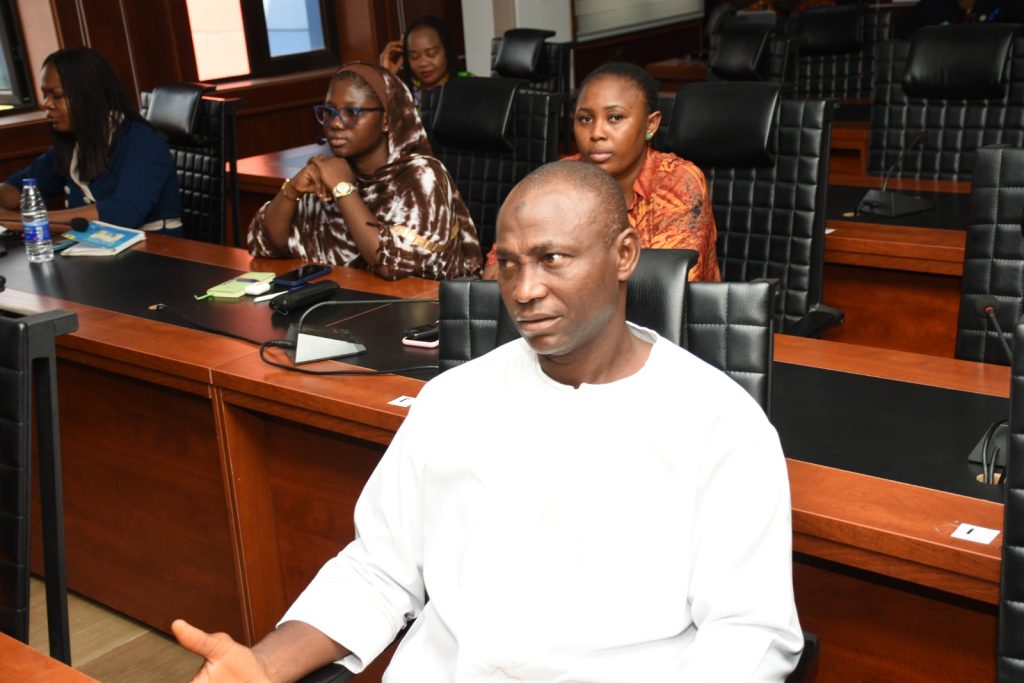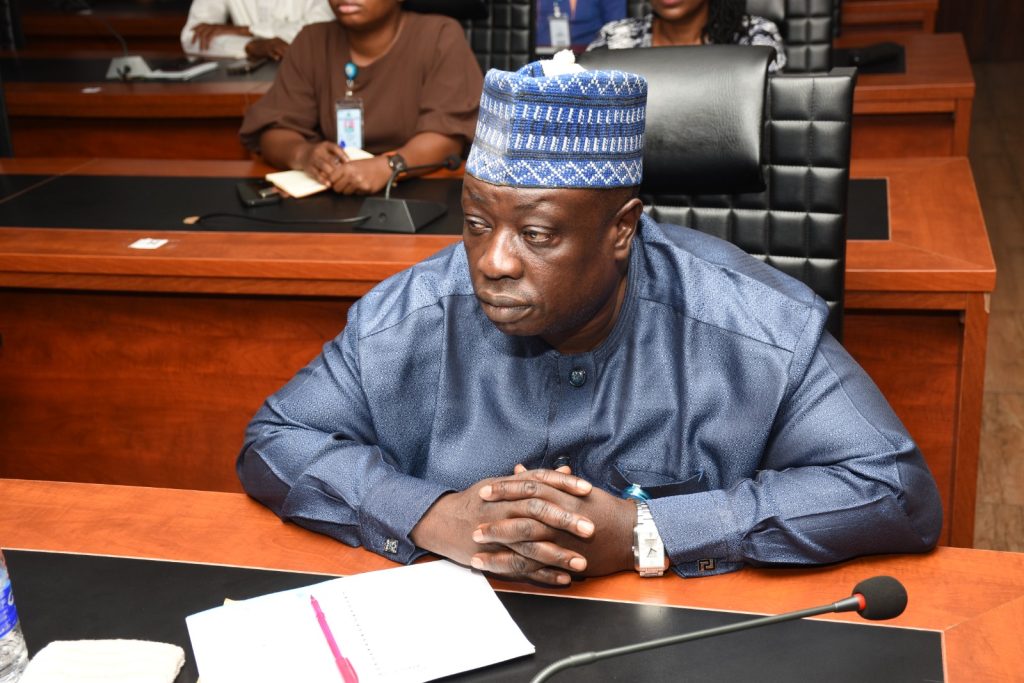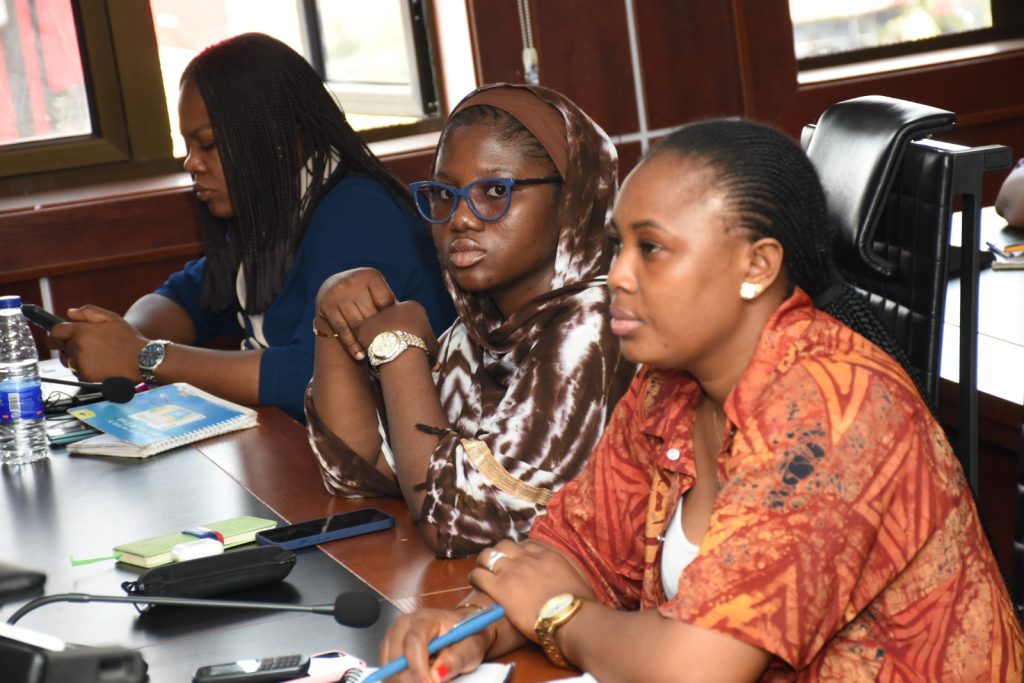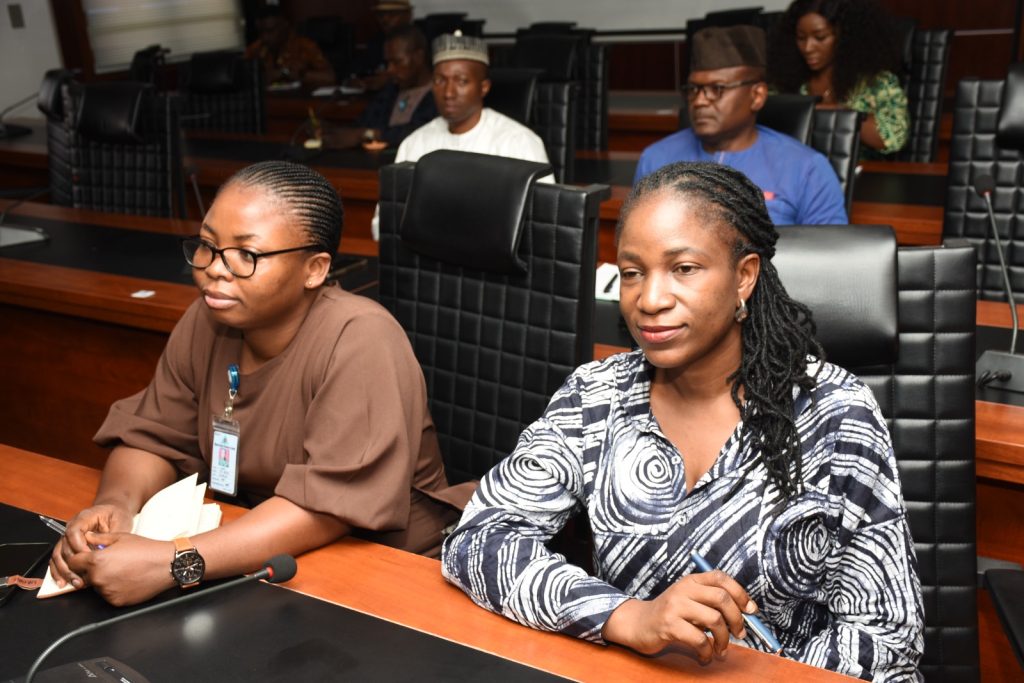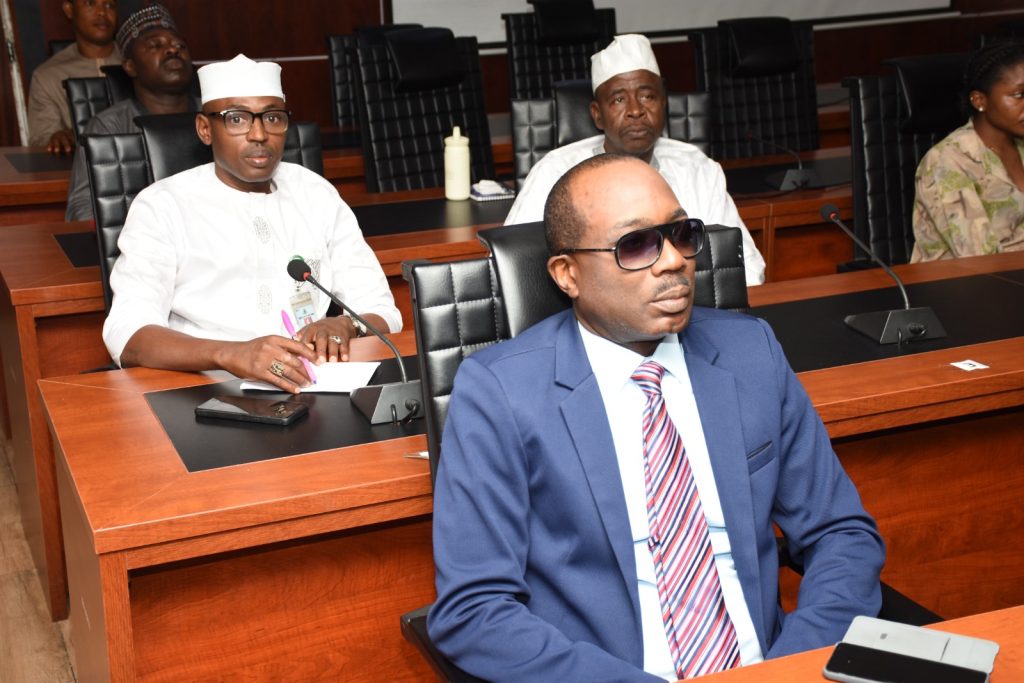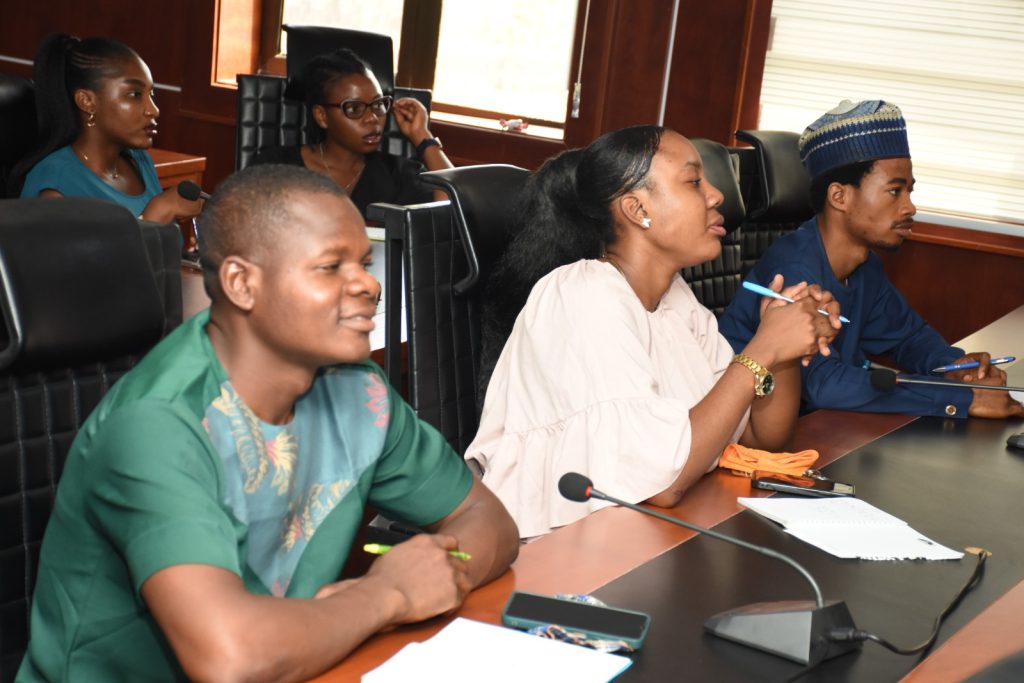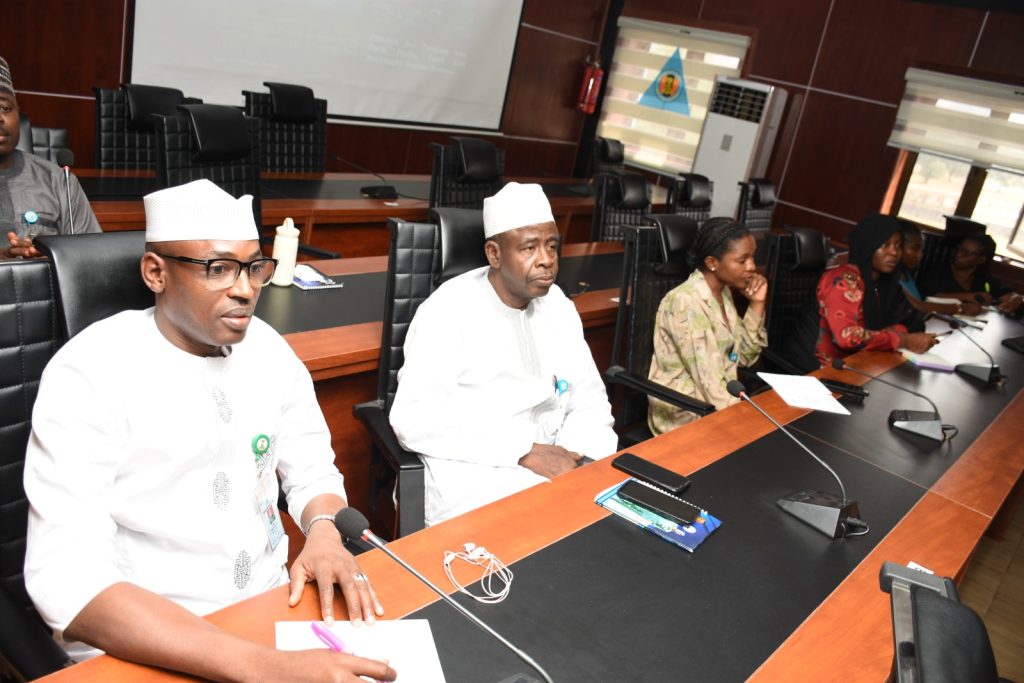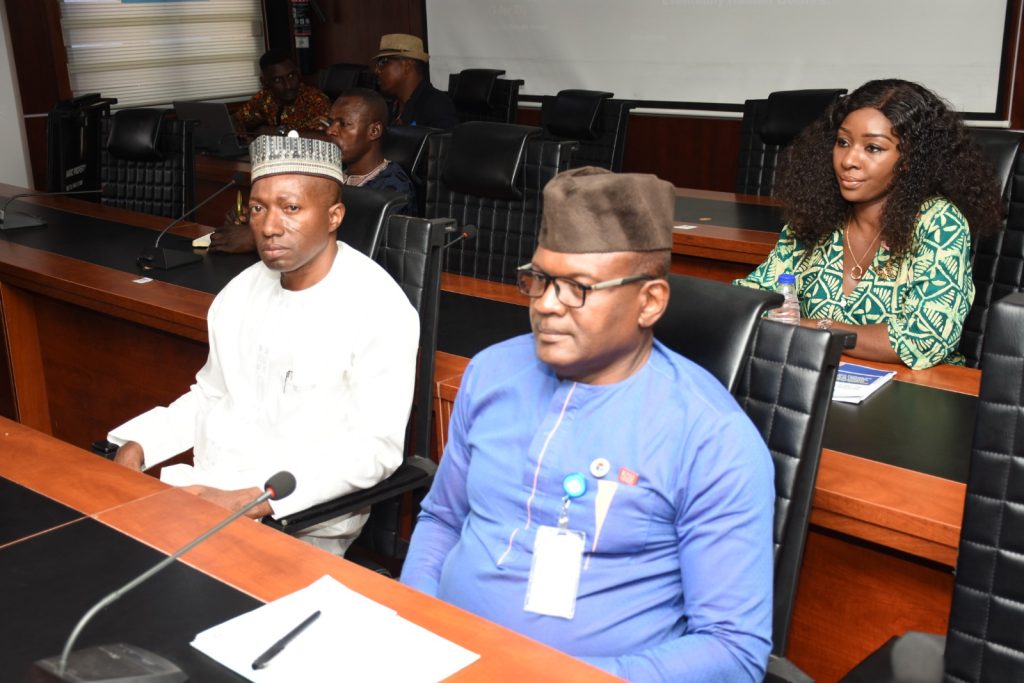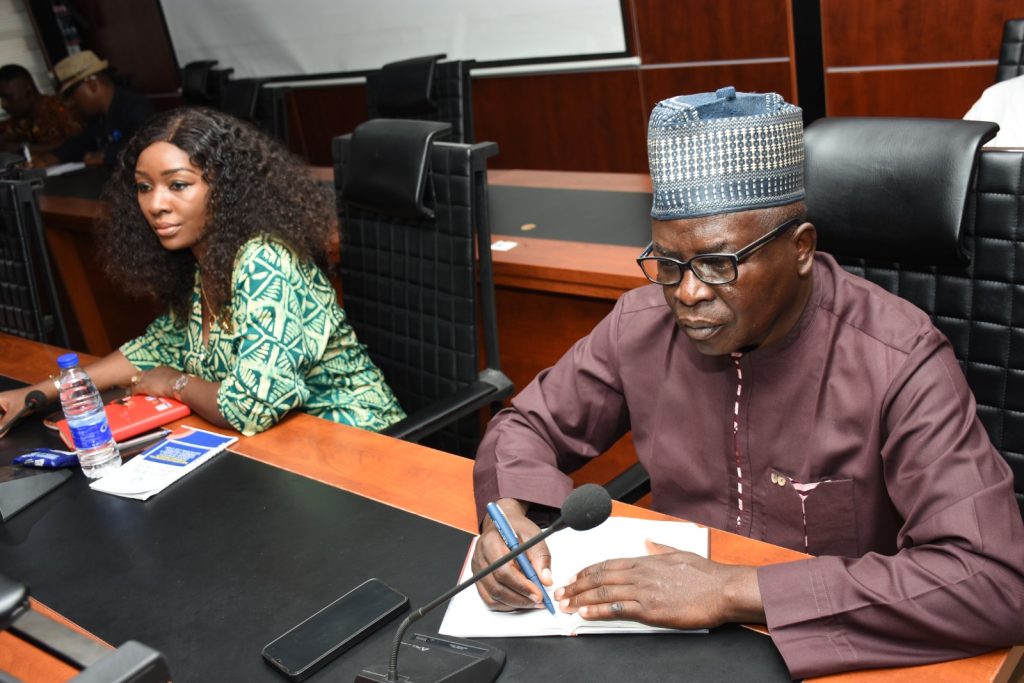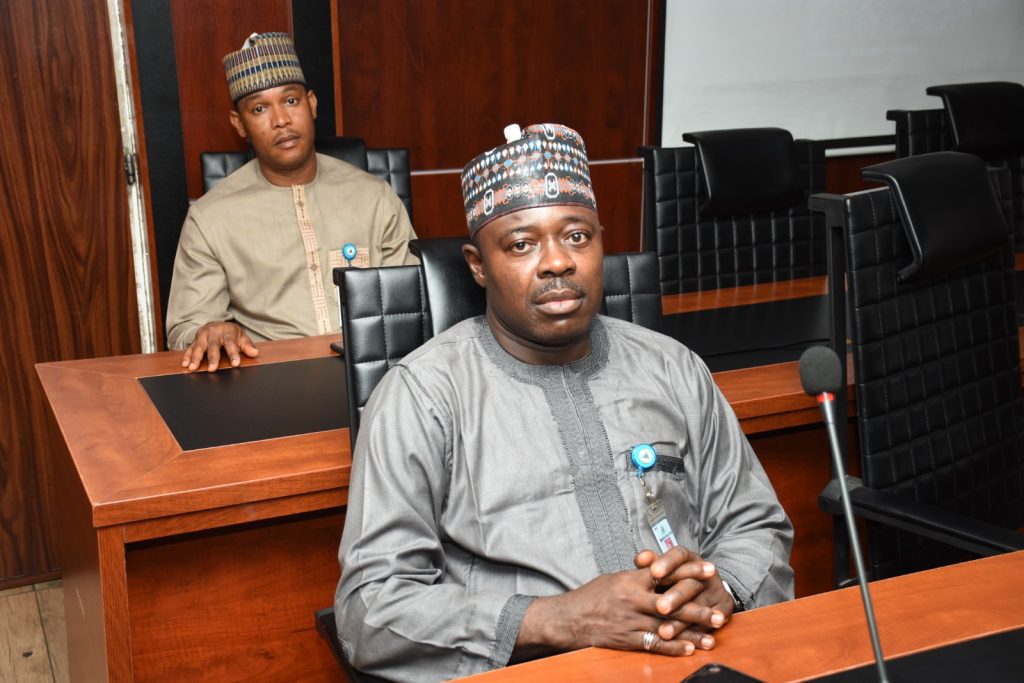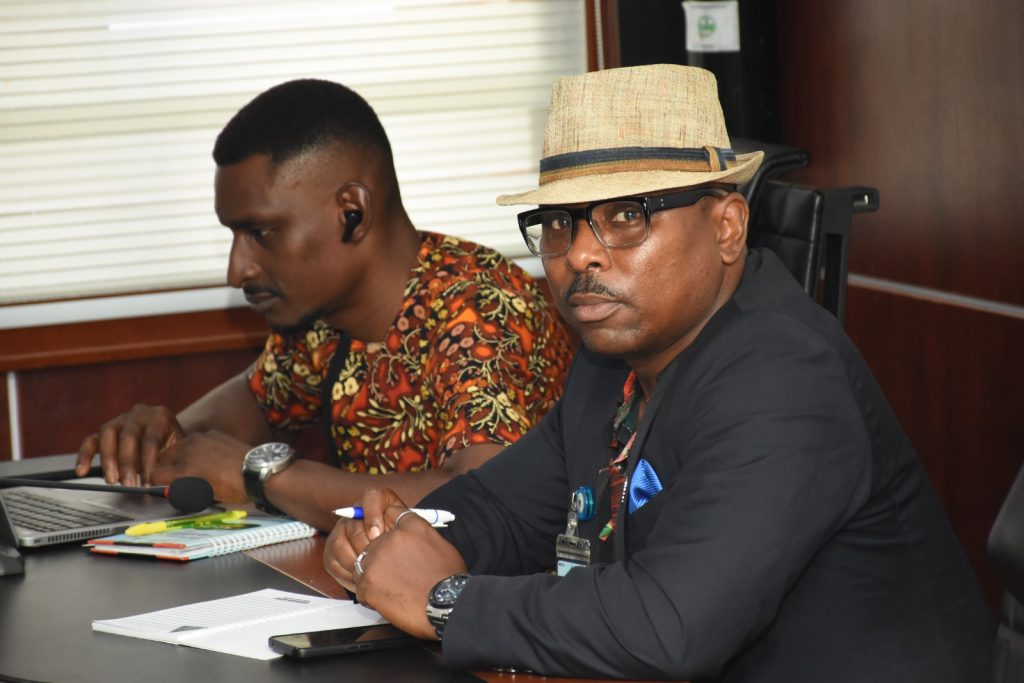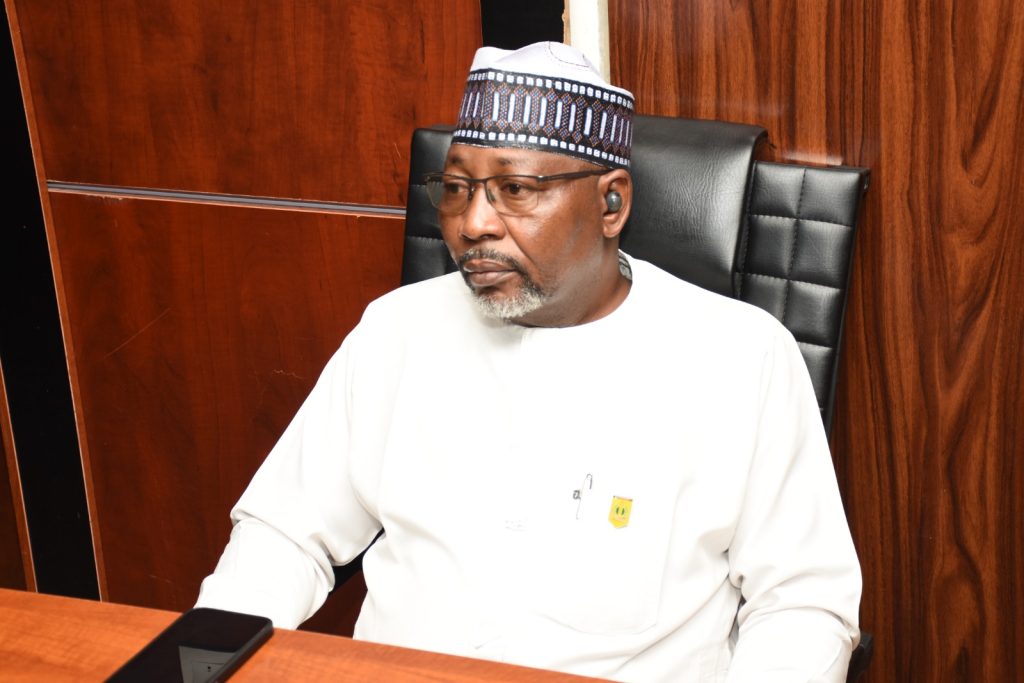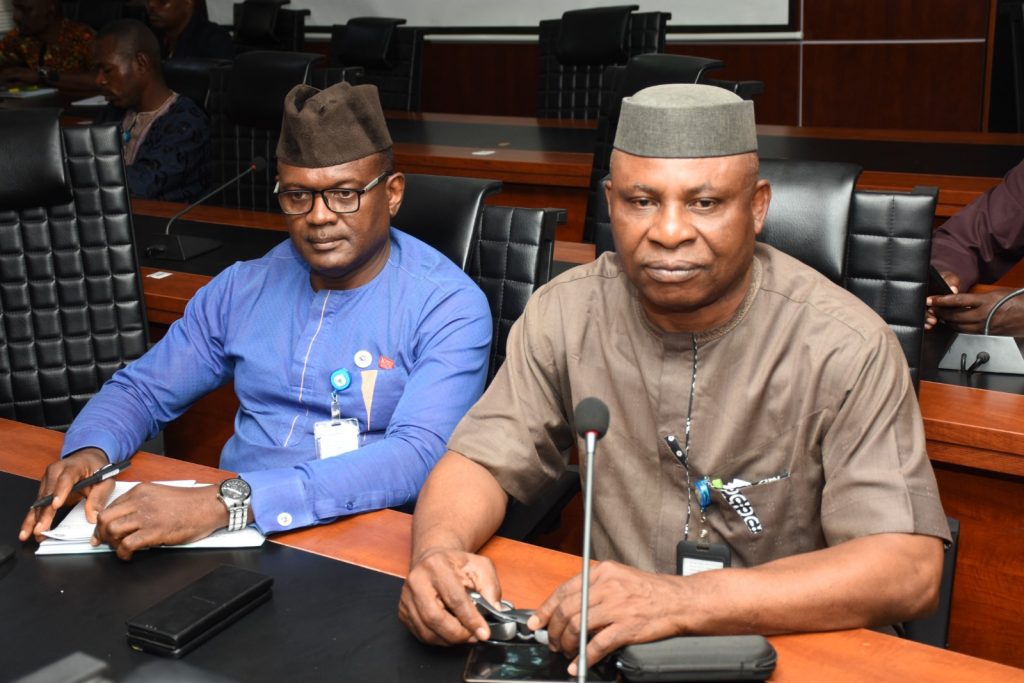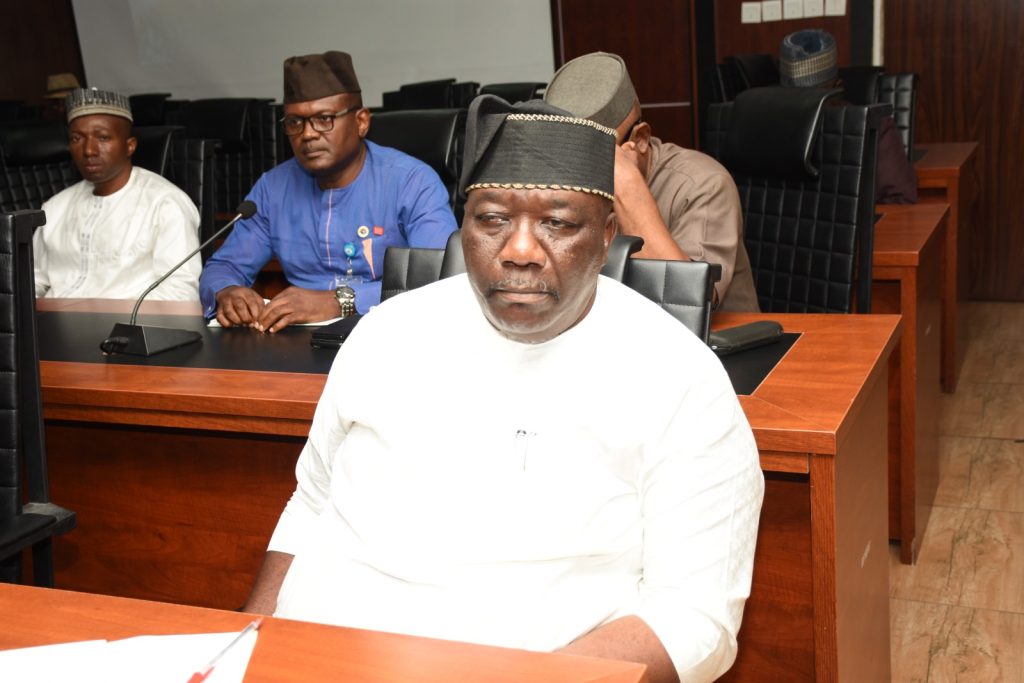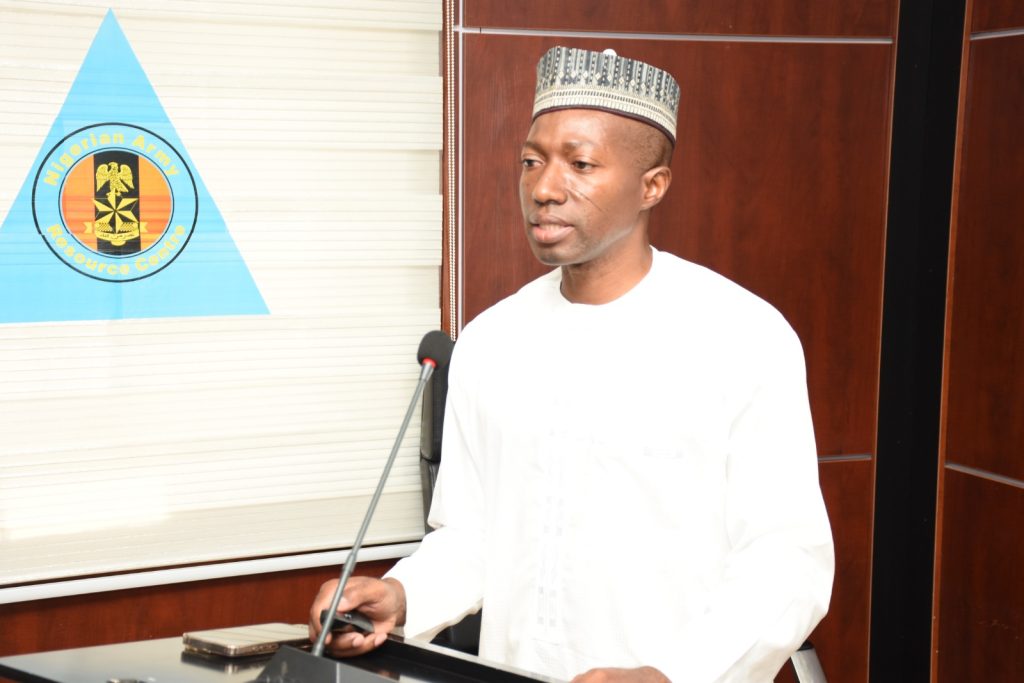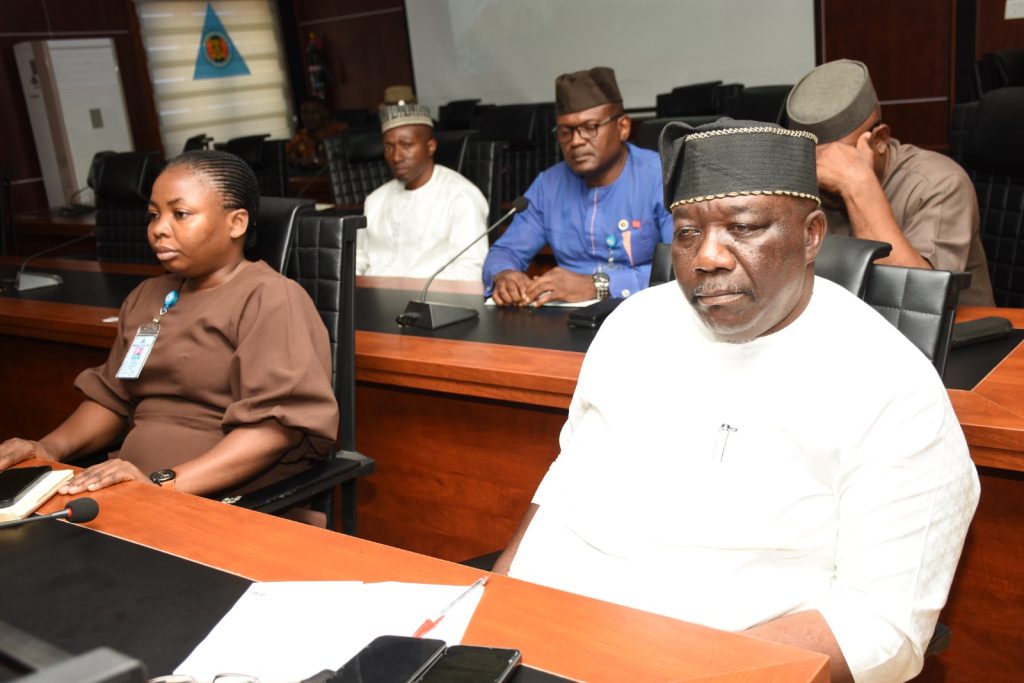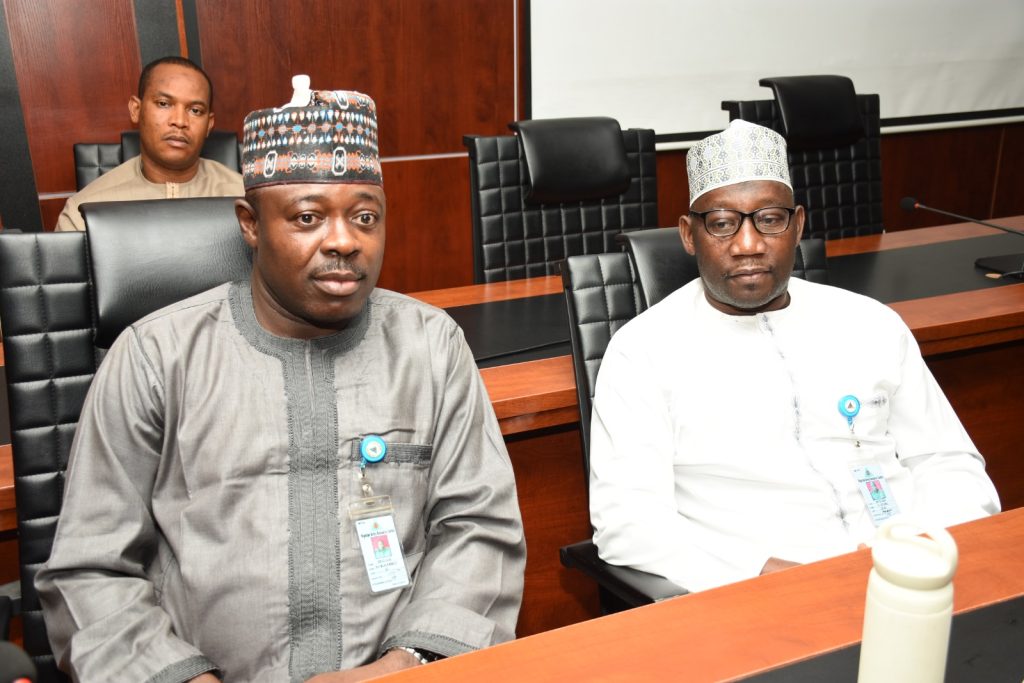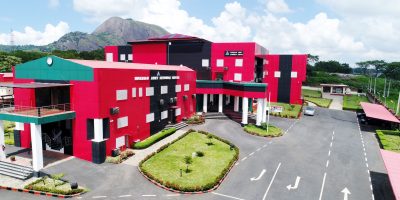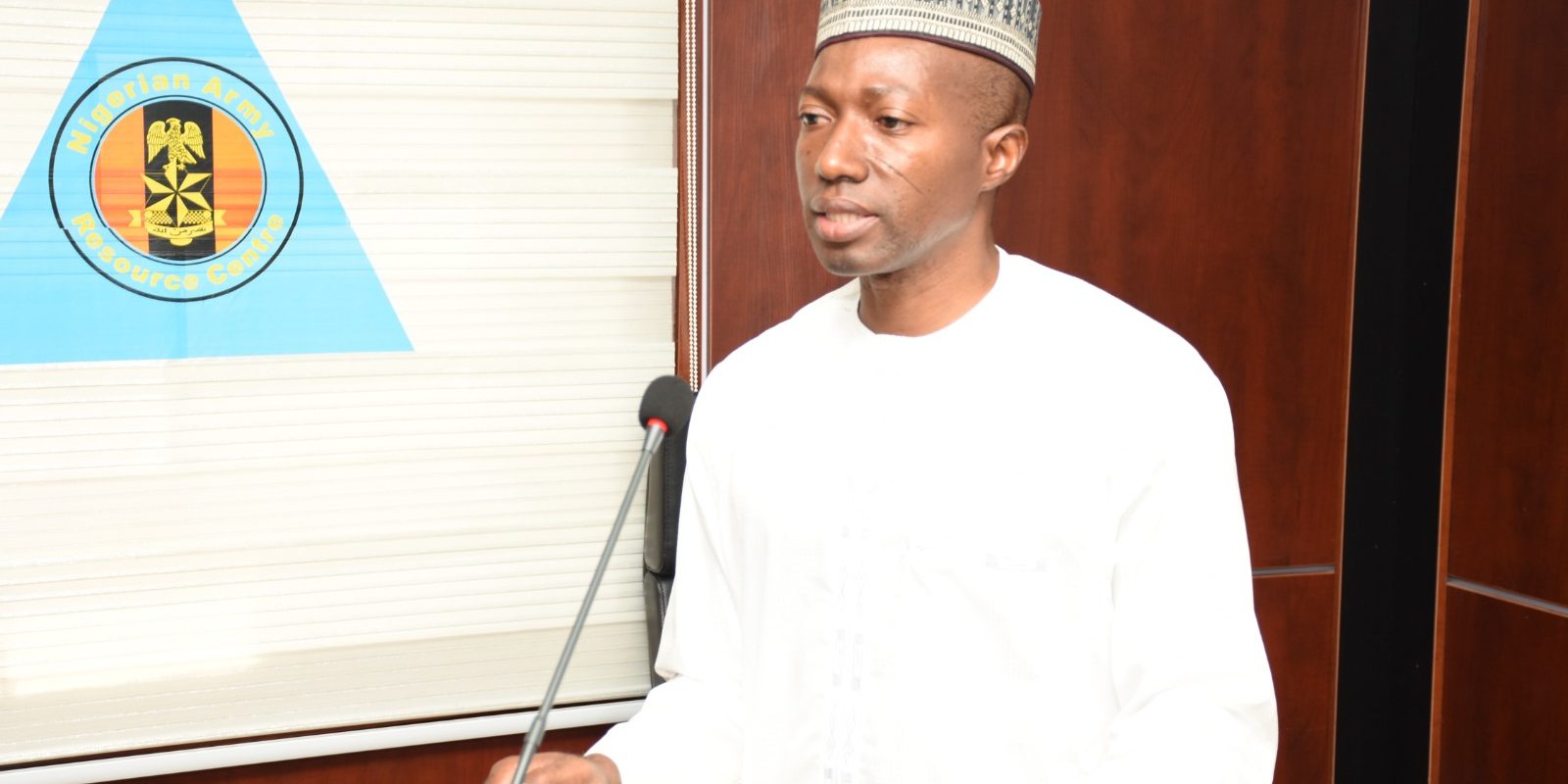Nigerian Army Resource Centre (NARC) Weekly Subject Experts’ Presentation was held at Hall B, TY Buratai Block, Abuja. There were two presentations made by the Subject Experts on East/Central Africa and Western Europe.
The first presentation was made by Brig Gen ED Idimah subject experts on East and Central Africa. His presentation Centered on how, Plastics are Seeping Into Farm Fields, Food and Eventually Human Bodies. On 30 Mar 25 , Associated Press reported that plastics, especially micro plastics, are increasingly contaminating agricultural land and food systems, posing significant risks to health and ecosystems. In Uganda’s Mbale district, plastic bags known as buveera have spread into farming areas, harming soil and biodiversity. Farmers are aware of the long-term damage these plastics cause, yet their reliance on them persists due to practical needs. Globally, while agriculture accounts for only 3% of plastic use, the reliance on single-use packaging exacerbates plastic pollution. With less than 10% of plastics recycled, materials like tarps and hoop houses often break down, releasing microplastics into the environment. Early research suggests potential health risks from micro plastics, including heart disease and cancer, and they can negatively affect plant health and food security.
In his analysis and lessons for Nigeria, Brig Gen ED Idimah stressed out that, According to the Nigerian Environmental Study Action Team (NEST, 2018), plastic waste constitutes a significant portion of municipal waste in Nigerian cities, with an estimated 300,000 metric tons of plastic waste produced annually. In rural areas, plastic bags, containers, and agricultural plastics such as polythene sheets used for crop protection are common. Many of these plastics find their way into farmlands through improper disposal, clogging waterways and contaminating soils (Adeyemi & Oladipo, 2020). The FAO (2021) reported that plastic pollution in agricultural soils has become a significant concern worldwide.
In Nigeria, plastic waste in farmlands leads to the contamination of soil, making it difficult for plants to absorb nutrients effectively. Micro plastics, which are smaller than 5mm in size, have been found in agricultural soils, potentially affecting plant growth and productivity. In a study conducted by Omotayo et al. (2022), micro plastics were found to reduce the ability of soil to retain water and nutrients, leading to lower crop yields. Additionally, plastics used in seedling containers, if not properly disposed of, can leach harmful chemicals into the soil, further compromising soil health and food safety (Akinmoladun et al., 2021).
He recommended that, The Federal Ministry of Environment and other relevant agencies should strengthen waste management and recycling infrastructure.
The second presentation was made by Brig Gen YI Tukura subject experts on Western Europe. His presentation discussed on how, Germany Rebuilds Naval Power as the Global Arms Race Spreads to the Oceans. On 31 March 2025, Caliber News Agency reported that global competition for naval supremacy has intensified, with countries bolstering their maritime forces to safeguard trade routes and counter emerging threats. Among these nations, Germany has significantly expanded its naval operations across multiple strategic regions. Germany, whose navy was dismantled after both World Wars, is experiencing a revival. Recently, Berlin announced an increased military presence in the Mediterranean Sea, particularly in enforcing the maritime embargo on Lebanon to prevent arms deliveries to Hezbollah.
On 17 Oct 2024, German naval forces intercepted and shot down an unmanned aerial vehicle near Nukhra. With 150 soldiers already patrolling Lebanese shores, additional troops have been redeployed to Cyprus and Jordan, a move welcomed by Israeli officials who view Germany’s involvement as strengthening regional security and intelligence-gathering capabilities. Germany has also committed resources to combat threats posed by Yemeni Houthi rebels. In February 2024, the Bundestag (lower house of Germany’s federal legislature) approved the deployment of 700 military personnel to the Red Sea to safeguard vessels navigating the Bab-el-Mandeb Strait.
In his analysis and lessons for Nigeria, Brig Gen YI Tukura noted that, In Nigeria, the maritime domain remains critical for its economic and security interests. The country has a coastline stretching over 850 kilometers and an Exclusive Economic Zone (EEZ) of about 200 nautical miles, making naval security essential (Aliyu, 2021). The Gulf of Guinea is perceived to be a dangerous maritime zone, with frequent cases of piracy, oil bunkering, and illicit trafficking. According to the International Maritime Bureau (IMB), over 65% of global piracy incidents in 2021 occurred in this region, affecting Nigeria’s oil exports and shipping routes (IMB, 2021).
The Nigerian Navy currently operates a limited number of vessels, including frigates, corvettes, and offshore patrol boats, but these is inadequate to counter the growing threats effectively. Acknowledging the necessity of a strong maritime force, Nigeria has committed to modernizing its navy. In 2022, the government announced investments in new warships, offshore patrol vessels, and advanced surveillance technology (Okoli & Orji, 2022). Notably, Nigeria has strengthened defense cooperation with countries like China, Turkey, and the United States, leading to the acquisition of modern naval assets. Before 2022, Nigeria commissioned the Chinese-built NNS LANA, a state-of-the-art hydrographic survey vessel, to enhance maritime surveillance (Vanguard, 2021).
He recommended that, The Nigerian Navy should prioritize investment in indigenous shipbuilding and advanced surveillance technology.
